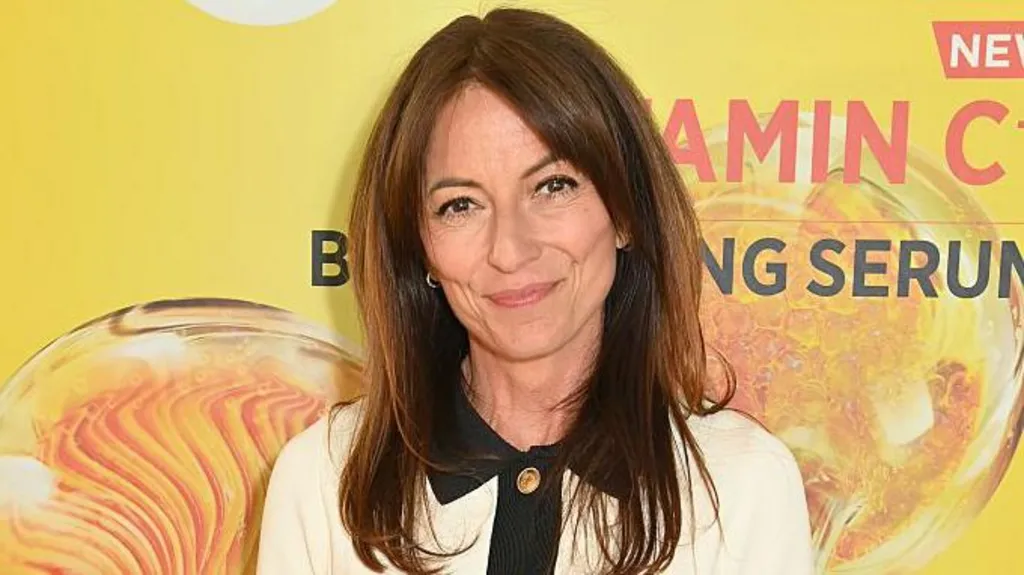
 Getty Images
Getty ImagesDavina McCall has revealed her benign brain tumour "is not coming back" following recent MRI scans.
The former Big Brother host underwent surgery in November after a colloid cyst was found earlier that month during a health check-up as part of her menopause advocacy work.
During a tearful interview last month, she said the craniotomy - which involved part of her skull being removed to take out the tumour - was "the hardest thing" she had been through.
"So here it is. Our final brain surgery update," a joyful McCall, who was joined with her boyfriend, Michael Douglas, told her 2.1m Instagram followers on Saturday.
 Jim Dyson/Redfern
Jim Dyson/Redfern"Had the final MRI this week @brain.surgery.uk got everything out during surgery, it's not coming back."
"I was a bit nervous about it because I knew if any of it was left then it would grow back and I'd just go through the whole thing again - which I was prepared to do," McCall said in a video filmed in the sunshine.
"I was also very nervous about it," said Douglas, who had cared for the 57-year-old as she recovered at home, adding: "It's been a huge journey."
"But it was clear!" revealed the excited mother-of-three.
The pair also shared their "heartfelt" thanks for the support received from medical teams as well as their friends and family.
"I am so so grateful particularly because I know a lot of people have inoperable tumours and I know I'm lucky to be able to draw a line under this and move on with my life when so many people can't," she said.
A benign tumour is not cancerous, but such cysts tend to grow slowly, according to the Brainstrust charity.
They account for less than 2% of all primary brain tumours, and the rate of growth and symptoms can vary from person to person.
Non-cancerous brain tumours are more common in people over the age of 50, and symptoms can include headaches, vision problems and drowsiness, the NHS website says.
Some can be difficult to remove without damaging surrounding tissue. Chemotherapy or radiotherapy can also be used if the surgery is not successful.
McCall added she wanted to challenge the assumption many people have that benign brain tumours are not life-threatening, as they can still be.
"And I'm just gonna say this one more time... benign does not mean fine."